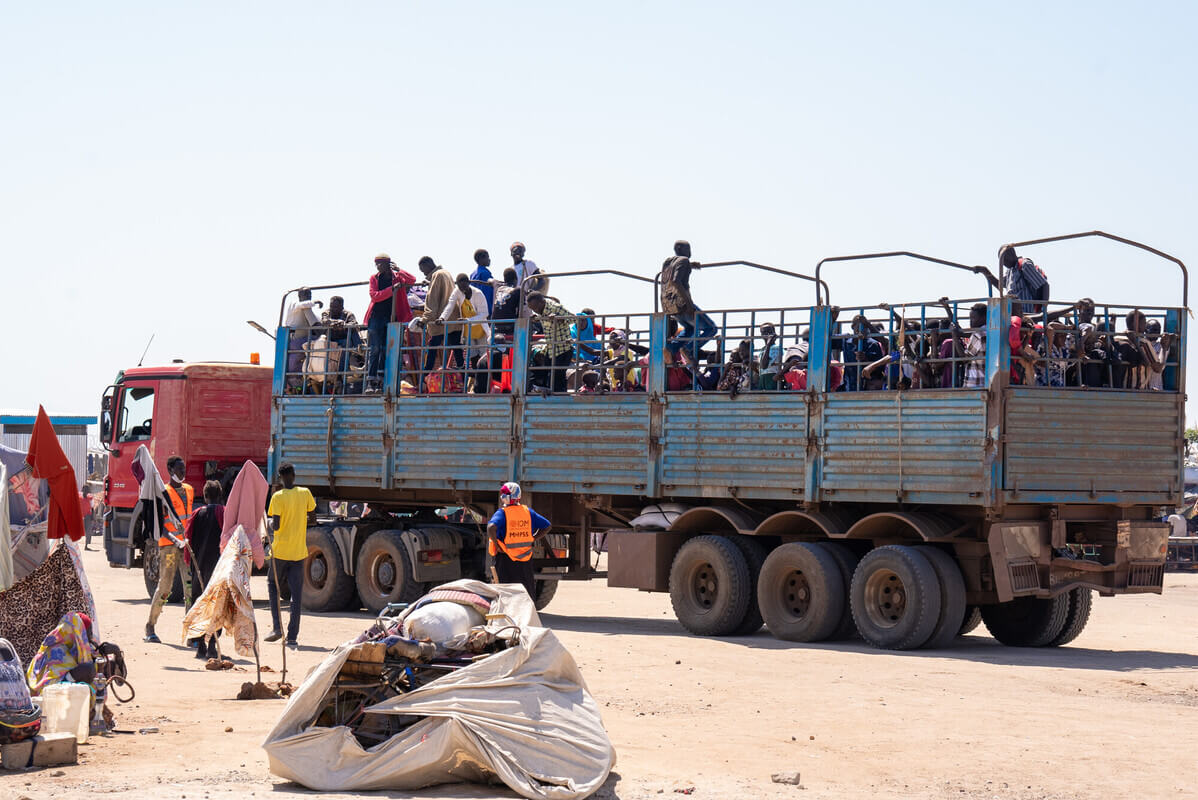Aboriginal and Torres Strait Islander peoples die 10-17 years younger than non-Indigenous Australians. In 2008 federal, state and territory governments all committed to close the life expectancy gap by 2030. This is a long term target and we are just starting to see results. How will each party ensure continued bipartisanship on this critical issue, including continuing to invest in closing the gap in Aboriginal Community Controlled Health services, programs and policies?
Tonight, the ABC’s Q&A program is looking at Australia’s health, with guests Tanya Plibersek – Federal Minister for Health and her opposition counterpart Peter Dutton – Shadow Health Minister. This is the perfect opportunity to ask your political leaders what is being done to Close the Gap.
The Federal and Victorian governments have just committed funding to ensure this country can continue to close the gap on Indigenous health inequality. But other states have not signed up to keep this vital work going in a National Partnership Agreement. It is appalling that an Aboriginal and Torres Strait Islander Peoples die more than 10 years younger than other Australians.
Join the Twitter conversation tonight on #QandA
Q&A attracts a very lively Twitter feed during the broadcast, so why not join in from 9:35pm tonight (AEST on ABC1) and see if you can get the important matter of #CloseTheGap on screen? Here’s a few suggested messages you might like to tweet:


